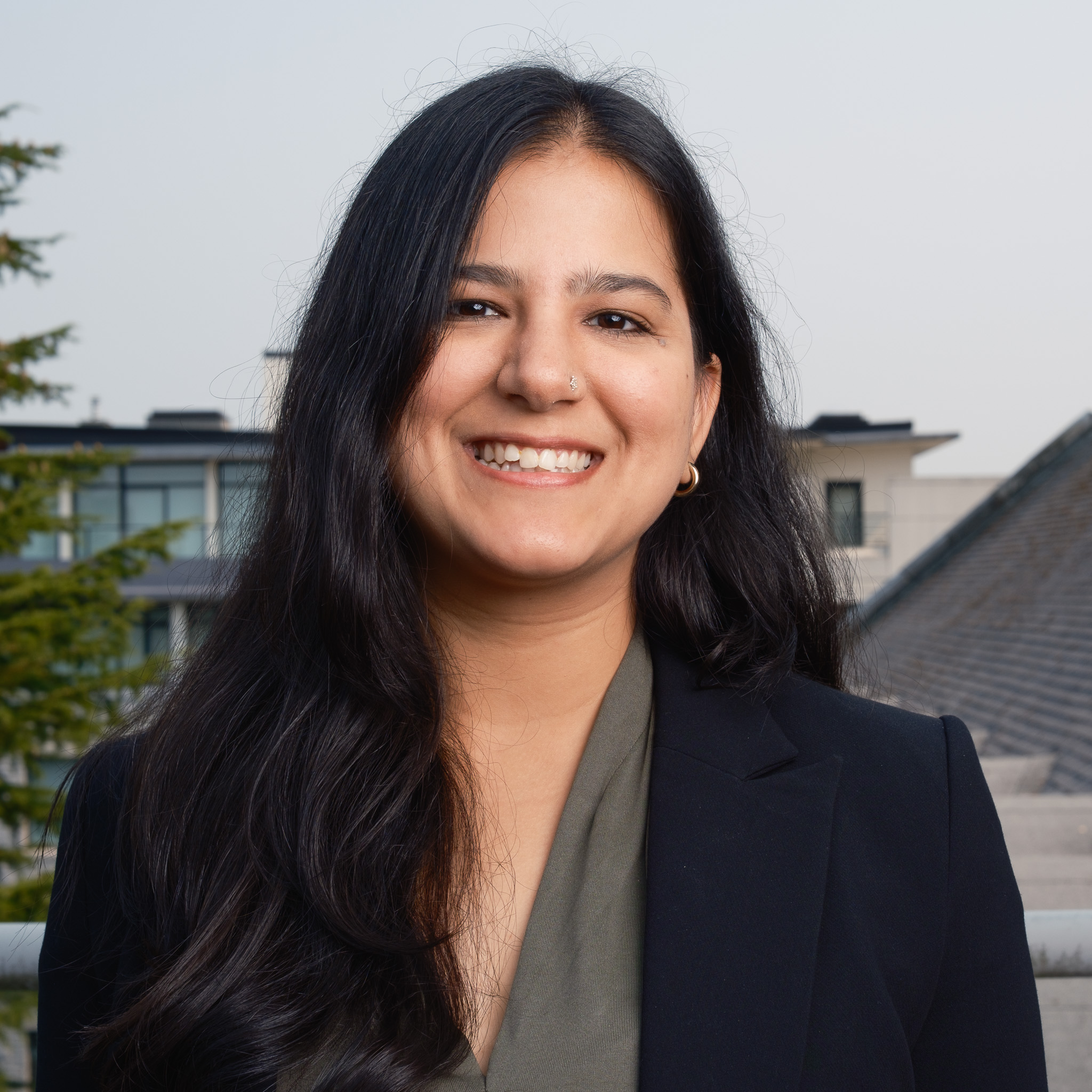Publications
Creating Cohesive Communities: A Youth Camp Experiment in India (with Arkadev Ghosh, Gareth Nellis, Matt Lowe)
Abstract | Paper | Review of Economic Studies, 2025
Non-family-based institutions for socializing young people may play a vital role in creating close-knit, inclusive communities. We study the potential for youth camps—integrating rituals, sports, and civics training—to strengthen intergroup cohesion. We randomly assigned Hindu and Muslim adolescent boys, from West Bengal, India, to 2-week camps or to a pure control arm. To isolate mechanisms, we cross-randomized collective rituals (such as singing the national anthem, wearing uniforms, chanting support during matches, and synchronous dancing) and the intensity of intergroup contact. We find that camps reduce ingroup bias, increase willingness to interact with outgroup members, and enhance psychological well-being. Campers continue to have twice as many outgroup friends than control participants 1 year after the camps ended. Meanwhile, additional camp elements have heterogeneous effects: rituals have more positive impacts for the Hindu majority than the Muslim minority, while higher intergroup contact backfires among Hindus but not Muslims. Our findings demonstrate that inclusive youth camps may be a powerful tool for bridging deep social divides. Yet, we also highlight the conceptual challenges in crafting optimal integrative camps that help all groups.
Working Papers
Can Inheritance Reform Change Custom? Evidence on Female Land Ownership in India (with Sankalp Sharma)
Abstract | Draft Available on Request
We estimate the causal impact of the 2005 Hindu Succession Amendment Act on daughters' agricultural land ownership in India. We use a difference-in-differences design that exploits variation across religious groups in the law's applicability. The reform granted Hindu, Sikh, and Jain women equal inheritance rights, while Muslims and Christians remained unaffected. We analyze 1.36 million digitized land records from Haryana covering 2001 to 2023, and use natural language processing to infer the gender and religion of land owners, and match siblings. We find that the reform increased the inclusion of daughters on land titles, though effects were modest and fell short of gender parity. The number of sisters per plot increased by 0.18, a 142% increase from a baseline of 0.131 in the control group. This increase is robust to plot fixed effects. The probability of any sister owning a plot rose by 1.4 percentage points (13%). However, the share of sisters as a proportion of total owners increased by only 1.9 percentage points (33%), and the effect does not hold when comparing changes within the same plot over time. Effects were stronger in villages with higher literacy and better administrative capacity. Social norms as proxied by child sex ratios did not moderate treatment effects. Our findings demonstrate that while the reform succeeded in adding daughters to land records—achieving gains on the extensive margin—the absence of proportional increases in their ownership shares suggests families may have strategically complied by listing daughters without meaningfully redistributing control over land.
Works in Progress
Women's Mobility and Norm Spillovers in Rural Haryana (with Kalyani Chaudhuri and Ragini Jain)
Other Writing
- How Youth Camps Helped Build Social Cohesion in India (with Arkadev Ghosh, Gareth Nellis, and Matt Lowe)
Article | VoxDev, October 22nd, 2025
- Women, Academia, and Economics: A Five-Decade Perspective from India (with Kadambari Shah)
In preparation for "History of Gender and Feminist Economics in South Asia", Rajshree Bedamatta and Ritwika Patgiri (editors), Routledge .
- Can Information Lead to Better Voting Decisions? Evidence from Information Campaigns in India
Article | The Print, April 20th, 2020
